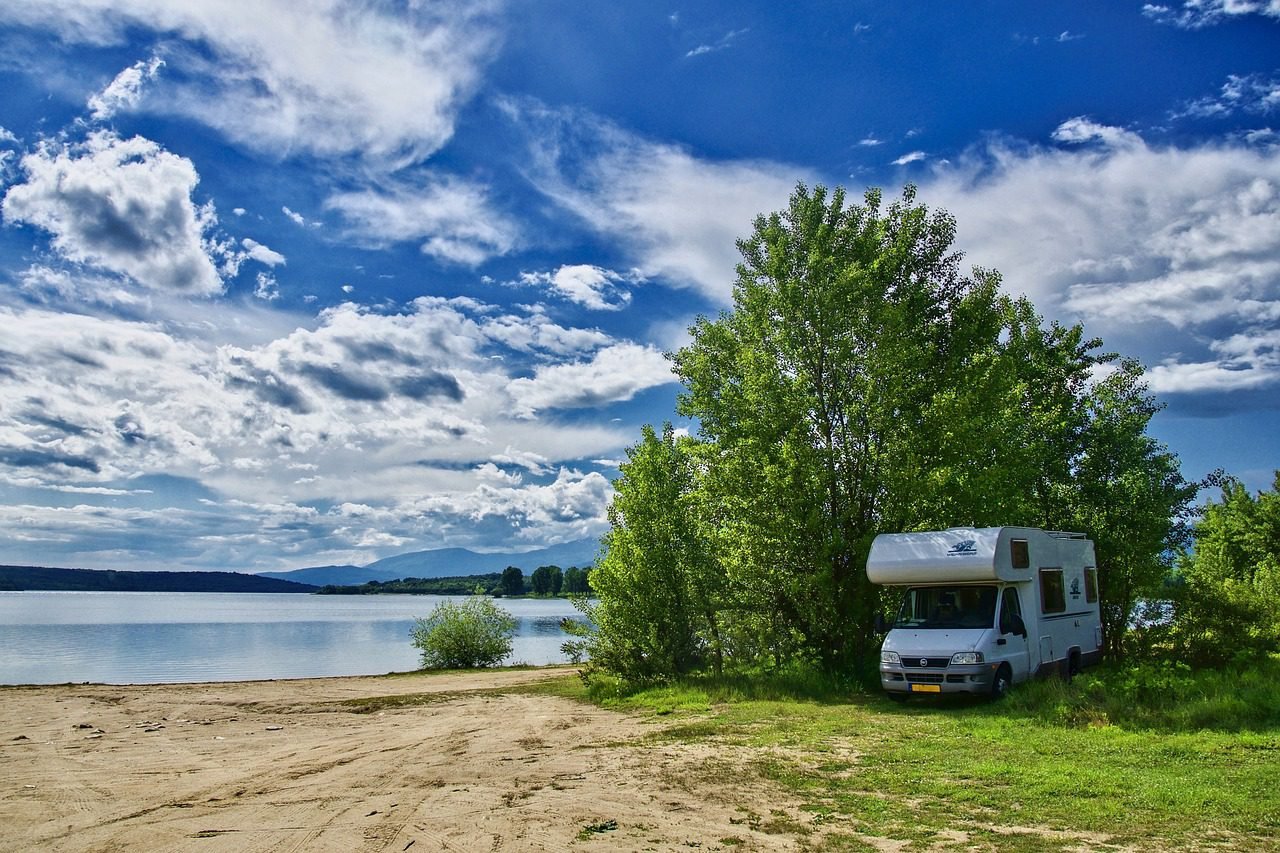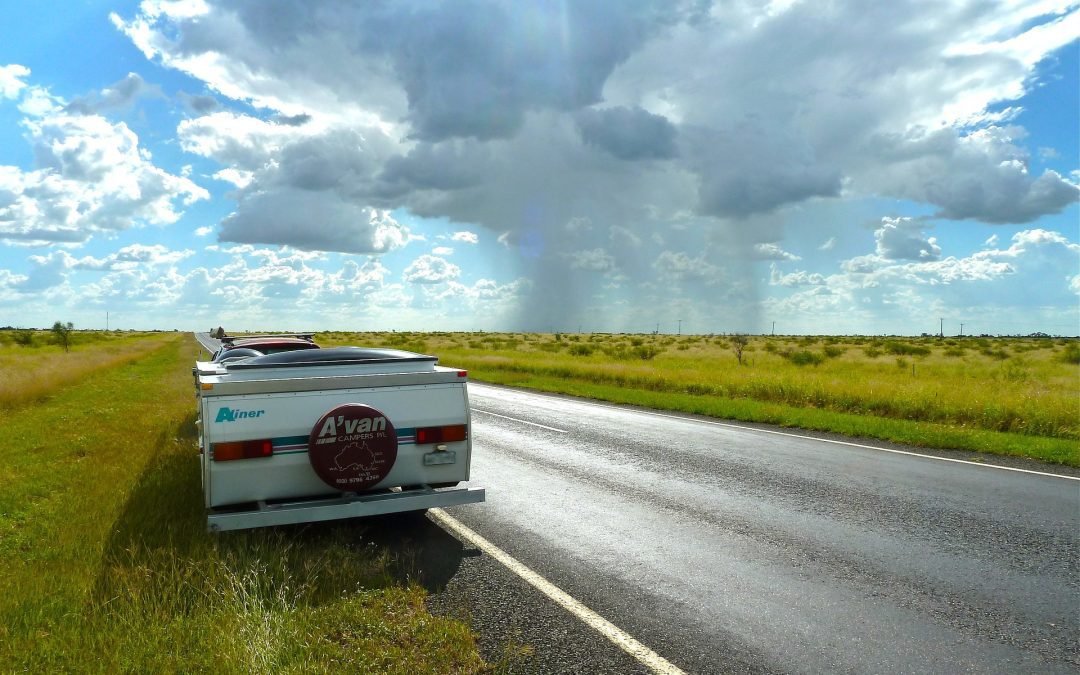Boondocking, also known as dry camping, is a popular outdoor activity where individuals camp without the use of traditional amenities such as electricity, water, and sewer hookups. It offers a unique and rewarding experience for outdoor enthusiasts who crave adventure and seek to escape the hustle and bustle of everyday life. However, boondocking is not for everyone, and it’s important to be prepared for the challenges that come with it. In this article, we will explore the benefits and challenges of boondocking, offer tips on how to make the most of this adventure, and help you outrank other websites on this topic in Google.
Benefits of Boondocking
Boondocking offers a wide range of benefits for outdoor enthusiasts, including cost savings, privacy and seclusion, flexibility and freedom, and environmental consciousness.
Cost Savings
One of the main benefits of boondocking is cost savings. Traditional camping can be expensive due to camping fees, meal expenses, and other costs associated with staying at a campground. Boondocking, on the other hand, is a more cost-effective option because it allows you to camp for free or for a minimal cost.
 Image by Siggy Nowak from Pixabay
Image by Siggy Nowak from Pixabay
Privacy and Seclusion
Boondocking also offers a more private and secluded camping experience, which is perfect for those who want to escape the crowds and enjoy nature without any distractions. When boondocking, you can choose a location that’s off the beaten path and away from other campers, giving you a more serene and peaceful experience.
Flexibility and Freedom
Another benefit of boondocking is the freedom and flexibility it offers. You can camp wherever you want, whether it’s in a national forest, a BLM land, or any other remote location. This flexibility allows you to participate in activities that are not available in traditional campgrounds, such as hiking, fishing, or hunting.
Environmental Consciousness
Boondocking is also an eco-friendlier option because it reduces your ecological footprint and allows you to leave no trace. When boondocking, you are not using electricity or water hookups, and you must conserve resources, which helps to protect the environment.
Challenges of Boondocking
While boondocking offers many benefits, there are also challenges to consider before embarking on this adventure. Some of the most significant challenges include the lack of amenities, limited resources, safety concerns, and legal considerations.
Lack of Amenities
One of the main challenges of boondocking is the lack of amenities such as electricity, water, and sewer hookups. This means that you must be prepared to camp without these conveniences and find alternative solutions such as using a portable solar panel for electricity or carrying a water filtration system to get access to clean water.
Limited Resources
Another challenge of boondocking is the limited access to resources such as water, food, and fuel. When boondocking, you must conserve these resources to ensure that you have enough for the duration of your trip. This may mean carrying extra water and food or researching where you can access these resources along your route.
Safety Concerns
Boondocking also poses safety concerns, especially if you are camping in a remote location. Some of the safety concerns include wildlife encounters, extreme weather conditions, and potential hazards such as falling rocks. It’s important to take the necessary precautions and be aware of your surroundings to stay safe while boondocking.
Legal Considerations
Boondocking also comes with legal considerations such as regulations and permits. Some areas may not allow boondocking or have restrictions on where and how long you can camp. It’s essential to research and obtain any necessary permits or information about local regulations before embarking on your boondocking trip.
Tips for Successful Boondocking
To make the most of your boondocking experience, consider the following tips:
Plan Ahead
Planning ahead is crucial for a successful boondocking trip. You need to research the location you want to camp, the available resources, and any regulations or permits required. This will help you pack the necessary items and ensure you are fully prepared for the trip.
Pack the Essentials
When boondocking, it’s essential to pack the necessary items to make your trip comfortable and safe. These include camping gear, food, water, first aid kit, portable solar panel, and a water filtration system. You should also pack clothing suitable for the weather conditions in the area you are camping.
Practice Leave No Trace Principles
Leave no trace principles are critical when boondocking. They help to preserve the environment and keep the area pristine for others who may come after you. Some of the leave no trace principles include packing out all your trash, avoiding damaging vegetation, and keeping noise to a minimum.
FAQs
Q1. What is boondocking?
A1. Boondocking, also known as dry camping, is an outdoor activity where individuals camp without the use of traditional amenities such as electricity, water, and sewer hookups.
Q2. What are the benefits of boondocking?
A2. Boondocking offers cost savings, privacy and seclusion, flexibility and freedom, and environmental consciousness to outdoor enthusiasts.
Q3. What are the challenges of boondocking?
A3. The challenges of boondocking include the lack of amenities, limited resources, safety concerns, and legal considerations.
Q4. How can I prepare for a successful boondocking trip?
A4. To prepare for a successful boondocking trip, you should plan ahead, pack the essential items, and practice Leave No Trace principles.
Q5. What are Leave No Trace principles?
A5. Leave No Trace principles are a set of guidelines to minimize the impact of human activities on the environment. Some of the principles include packing out all your trash, avoiding damaging vegetation, and keeping noise to a minimum.
Takeaway
In conclusion, boondocking is a unique and rewarding outdoor activity that offers a more affordable, private, and flexible camping experience. However, it also comes with its challenges such as the lack of amenities, limited resources, safety concerns, and legal considerations. With proper planning, packing, and adherence to leave no trace principles, you can make the most of your boondocking experience and enjoy all the benefits it has to offer.
Featured Image by Siggy Nowak from Pixabay

